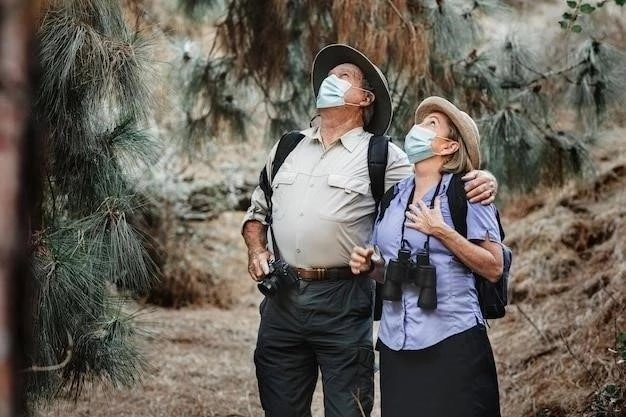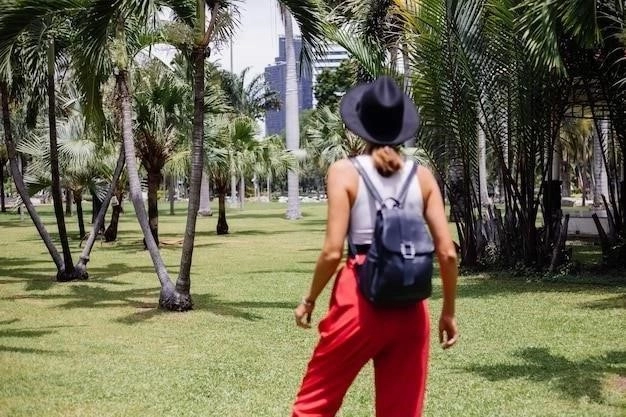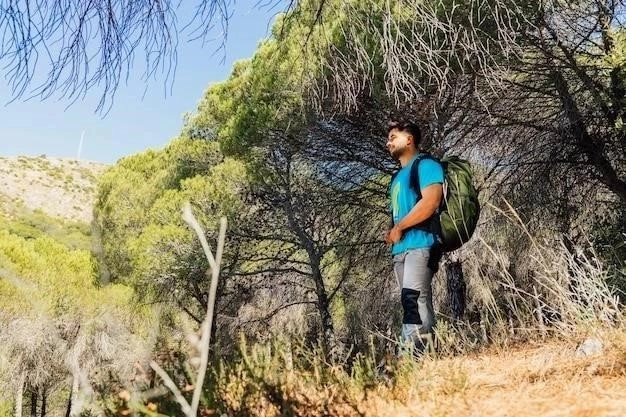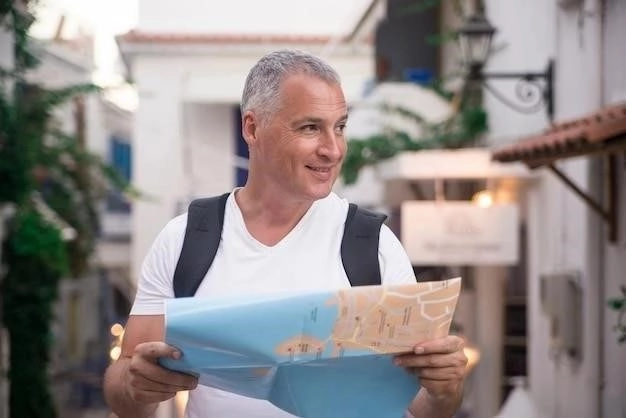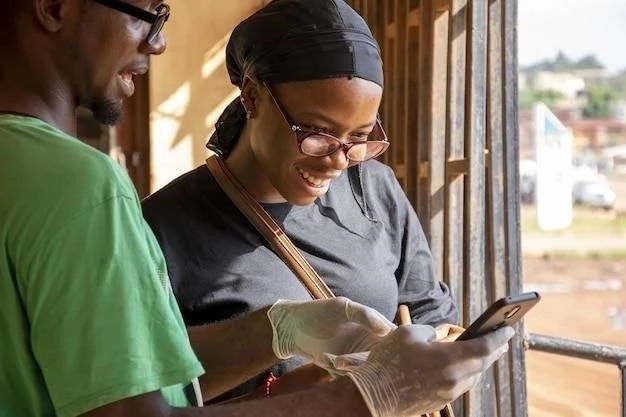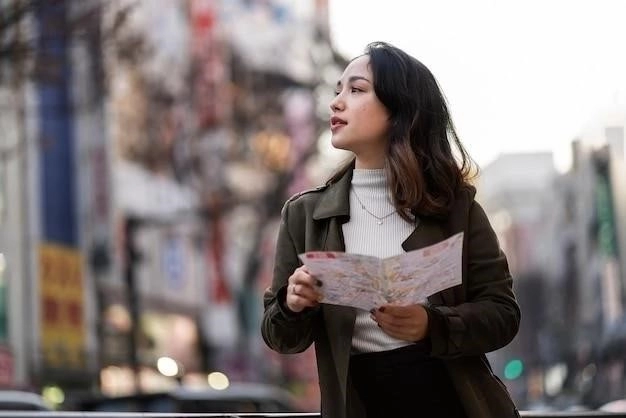The FCDO advises against all travel to Niger, including the capital city of Niamey, due to ongoing security concerns. The country has experienced a military takeover, leading to protests, unrest, and a volatile security environment. Travel within or out of Niger is at your own risk, and disruptions to commercial flights from Niamey’s Diori International Airport could occur at short notice. British nationals in need of assistance should contact the FCDO’s 24/7 services in Lagos, Nigeria.
Safety and Security

The security situation in Niger is highly volatile and poses significant risks to travelers. The Foreign, Commonwealth & Development Office (FCDO) of the United Kingdom strongly advises against all travel to the country, including the capital city of Niamey. This advisory stems from a combination of threats that converge to create an extremely challenging environment for visitors.
The most pressing concern is the aftermath of the recent military takeover. This event has introduced considerable political instability and triggered widespread protests and unrest. The unpredictable nature of these demonstrations, which have the potential to turn violent without warning, makes it extremely difficult to guarantee personal safety. Moreover, the broader security landscape in Niger is marked by a high threat of terrorist attacks and kidnapping. Extremist groups operate within the country, and their activities contribute to the overall volatility.
Adding to these concerns, violent crime is a serious problem throughout Niger. Armed home invasions, carjackings, robberies, and muggings are reported frequently, even in urban areas. Traveling alone, particularly after dark, significantly amplifies these risks. The pervasive nature of crime is compounded by the limited capacity of local law enforcement to respond effectively.
The unstable security environment has also impacted travel within and out of the country. While Nigerien airspace has reopened, disruptions to commercial flights from Niamey’s Diori International Airport can occur with little to no notice. This unpredictability makes it challenging to plan reliable travel itineraries. The FCDO cannot offer assurances regarding the safety of traveling to any departure point within Niger.

Furthermore, it is crucial to understand that the British Embassy in Niamey is not currently equipped to offer consular assistance. Consular support for British nationals in Niger is being provided from the British Embassy in Lagos, Nigeria, and they are unable to provide in-person assistance within Niger. This remote support structure underscores the limited ability to provide on-the-ground assistance in the event of an emergency.
Given these multifaceted security challenges, the decision to travel to Niger should not be taken lightly. The risks are substantial, and even the most careful planning cannot guarantee personal safety. If you must travel to Niger, engaging professional security advice and arranging personal security measures is strongly recommended. Staying informed about the ever-changing security situation through reliable sources, such as the FCDO’s travel advice, is crucial for mitigating risks to the best extent possible.

Health
Traveling to Niger presents significant health risks, demanding comprehensive pre-trip preparations and careful attention to health precautions throughout your stay. The country’s healthcare infrastructure faces substantial limitations, particularly outside of the capital, Niamey. Access to quality medical care can be challenging to find, and facilities often lack essential resources and specialists.
Before embarking on your journey, consulting a travel health professional at least eight weeks before departure is essential. They can provide personalized advice on necessary vaccinations, including routine immunizations and those specific to Niger, such as Hepatitis A and Typhoid. Additionally, they can advise on preventative measures for common travel-related illnesses like malaria, for which prophylaxis medication may be recommended. Carrying a well-stocked medical kit containing essential medications, first-aid supplies, and insect repellent is crucial, as obtaining these items locally can be difficult.
Niger experiences outbreaks of infectious diseases periodically, demanding vigilance and proactive measures to minimize risk. Staying informed about current health advisories and outbreaks through organizations like the World Health Organization (WHO) and your home country’s health authority is crucial. They provide timely updates and recommendations to guide travelers in making informed health decisions.
Food and waterborne illnesses are prevalent in Niger, making it crucial to adhere to strict food and water safety precautions. Consuming only thoroughly cooked food and drinking bottled water from a sealed source is paramount. Avoid ice in drinks, unpeeled fruits and vegetables, and food from street vendors, as these pose a higher risk of contamination. Maintaining meticulous hand hygiene by washing hands frequently with soap and water, especially before meals, is a simple yet effective way to prevent illness.

The Centers for Disease Control and Prevention (CDC) recommends that all travelers to Niger be up-to-date on routine vaccinations, including measles, mumps, and rubella (MMR), diphtheria, tetanus, and pertussis (DTaP), polio, and influenza. Hepatitis A and Typhoid vaccines are also highly recommended. Depending on your itinerary and planned activities, additional vaccines, such as yellow fever and rabies, may be necessary. Discussing your travel plans in detail with a travel health professional ensures you receive the most appropriate and comprehensive vaccination recommendations.
By taking these essential health precautions, you can significantly reduce your risk of illness and ensure a safer and healthier experience during your time in Niger.
Entry Requirements
Entering Niger requires meticulous attention to a series of entry requirements, which can be subject to change. It is crucial to verify the most up-to-date information from the Embassy of Niger in your home country well in advance of your intended travel dates. Failure to comply with these requirements can lead to significant delays or even denial of entry.
A key requirement for all foreign nationals, except citizens of certain West African countries, is a valid visa to enter Niger. Obtaining a visa typically involves submitting a visa application form, your passport with at least six months of validity remaining beyond your intended stay, two recent passport-sized photographs, proof of travel arrangements (such as flight itineraries and hotel reservations), and a visa fee. Depending on your nationality and the purpose of your visit, additional documentation, such as a letter of invitation from a host in Niger or a letter of employment, may be required. The visa application process can be lengthy, so initiating it several weeks before your departure date is crucial.
Beyond the visa requirements, it’s essential to ensure your passport meets Niger’s specific criteria. The passport must have at least two blank pages for entry and exit stamps and remain valid for a minimum of six months after your planned departure from Niger. It is recommended to make photocopies of your passport’s biographical page and visa stamp and keep them separate from your original documents. These copies can be invaluable in case of loss or theft of your passport.
Upon arrival in Niger, you will need to present your passport and visa to immigration officials. They may also ask questions about the purpose of your visit, the intended duration of your stay, and your accommodation arrangements. It is essential to answer these questions truthfully and confidently. Nigerien authorities have the right to deny entry to anyone they deem a security risk or who provides false or misleading information.
Due to the ongoing security concerns in Niger, authorities may implement additional security measures at points of entry and exit. These measures could include enhanced screening procedures and questioning. It’s crucial to remain patient and cooperative throughout these processes and follow the instructions of officials. Familiarizing yourself with local laws and customs is also advisable, as what might be considered acceptable behavior in your home country may not be in Niger.

By diligently addressing these entry requirements and maintaining a proactive approach to gathering the latest information, you can ensure a smoother and more efficient arrival experience in Niger.

Getting Around
Navigating Niger’s transportation network presents unique challenges for visitors, requiring careful planning and adaptability to navigate the limited infrastructure and inherent safety concerns. The country’s road conditions are often poor, particularly outside major urban centers, making travel by road time-consuming and, at times, hazardous.
For those traveling between cities, domestic flights are available, with Diori Hamani International Airport in Niamey serving as the main hub. However, flight schedules can be unreliable, and cancellations or delays due to technical issues or security concerns are not uncommon. It’s crucial to confirm flight statuses close to your departure date and factor in potential disruptions when planning your itinerary. Furthermore, it’s essential to be aware that the security situation at airports can be fluid, and enhanced security measures may be in place.
Bush taxis, shared vehicles commonly used for intercity travel, offer a more budget-friendly but less comfortable alternative to flights. These taxis typically depart when full, which can mean lengthy waits, and overcrowding is common. The condition of these vehicles can vary significantly, and safety standards may not be on par with those in developed countries. Traveling by bush taxi requires patience, flexibility, and a willingness to embrace the unpredictable nature of this mode of transport.
Within cities, taxis are the most common means of transportation. It’s crucial to negotiate the fare before starting your journey, as there are often no meters. Motorcycle taxis, known as “zemidjan,” offer a quicker but riskier alternative for navigating congested urban areas. However, due to safety concerns, it’s advisable to exercise caution when considering this mode of transport. Wearing a helmet is essential, and it’s best to avoid riding on zemidjan after dark.

Renting a car is possible in Niger but not generally recommended for visitors, particularly those unfamiliar with the country’s road conditions and driving practices. Road signage can be limited, and police checkpoints are common. Driving at night is strongly discouraged due to safety concerns, including the risk of carjacking and poor visibility. If you choose to rent a car, ensure you have a valid international driving permit, comprehensive insurance coverage, and a reliable vehicle in good working order.
Regardless of your chosen mode of transport, it’s essential to exercise caution and prioritize safety while getting around Niger. Traveling with a reputable tour operator or guide can provide an added layer of security and logistical support, particularly when venturing outside of major cities. Staying informed about current security advisories and road conditions is crucial, and remaining aware of your surroundings and taking precautions to protect yourself and your belongings can contribute to a safer travel experience.
Local Laws and Customs
Navigating the cultural landscape of Niger requires a respectful and informed approach, demonstrating sensitivity to the country’s predominantly Islamic traditions and societal norms. While the local population is generally known for its hospitality, adhering to local customs is essential to ensure a safe and respectful travel experience.
Islam plays a central role in Nigerien society, shaping daily life and influencing social interactions. Visitors should dress modestly, particularly in public spaces and when visiting religious sites. For women, this typically involves covering their shoulders and knees. Men should avoid wearing sleeveless shirts or shorts in most settings. Carrying a scarf or shawl to cover up when entering mosques or interacting with locals is a sign of respect.
Public displays of affection are generally frowned upon in Niger. Couples should refrain from hugging, kissing, or engaging in any behavior deemed inappropriate in a conservative Islamic society. Maintaining a respectful distance when interacting with members of the opposite sex is also advisable, particularly in rural areas where traditional values hold greater sway.
Photography etiquette is another important aspect of cultural sensitivity in Niger. It is considered disrespectful to photograph people without their explicit permission, particularly women. Always ask before taking photos of individuals or groups, and be prepared to accept a refusal gracefully. Sensitivity is also paramount when photographing religious sites or ceremonies. It’s best to observe and inquire about appropriate conduct rather than assuming it is acceptable to document these spaces.
Nigerien society places a high value on hospitality and generosity. It is customary to greet people with a warm “Salam” and engage in polite conversation. Refusing offers of food or drink can be perceived as impolite, so accepting them graciously, even if you don’t intend to consume them fully, is a sign of respect. When visiting someone’s home, it is customary to bring a small gift, such as fruit or sweets.
Understanding and adhering to local laws is paramount. Nigerien law prohibits the possession and consumption of alcohol and drugs. Penalties for violating these laws can be severe, even for foreigners. It’s essential to familiarize yourself with prohibited items before traveling to avoid inadvertently breaking the law.
By approaching your interactions with respect, humility, and a willingness to learn, you can foster positive connections with local people and gain a deeper appreciation for Niger’s rich cultural tapestry. Remember that patience and understanding are key to navigating cultural differences and ensuring a rewarding and culturally enriching travel experience.



